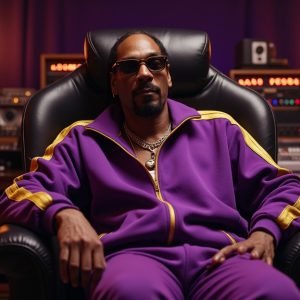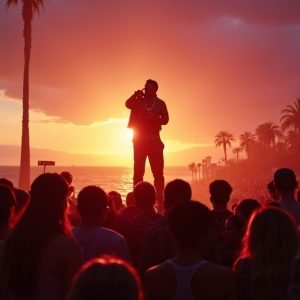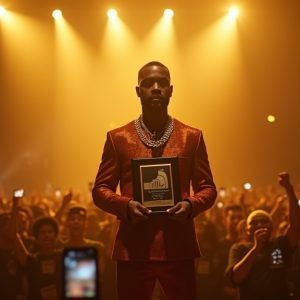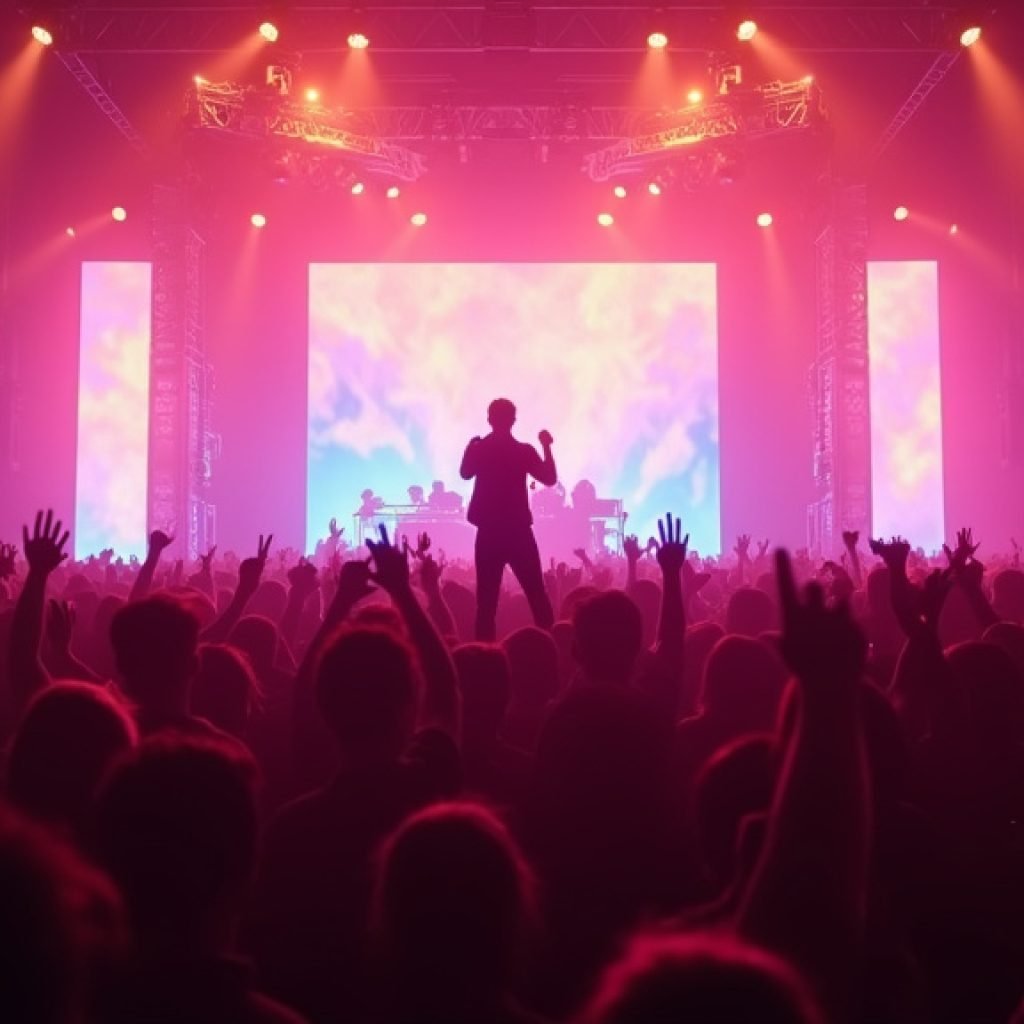San Francisco Celebrates Hip Hop’s Legacy and Future at Inaugural Festival
The inaugural San Francisco Hip Hop Festival concluded a vibrant two-day run this past weekend, transforming The Midway into a hub for fans and artists alike to celebrate the rich tapestry of hip-hop culture. Organized by SF Hip Hop, the landmark event successfully brought together diverse elements of the genre, from groundbreaking performances to insightful discussions, all while underscoring a commitment to community and social consciousness.
A Historic Gathering for Hip Hop Culture
The festival marked a significant moment for the city’s hip-hop scene, providing a dedicated platform to honor the genre’s deep roots and its ongoing evolution. Attendees were treated to a comprehensive experience that extended beyond musical performances. The event proudly featured a dynamic mix of activities designed to engage and educate, including live sets from influential artists, thought-provoking panel discussions, creative art competitions, and various initiatives focused on community engagement.
This comprehensive approach ensured that the festival appealed to seasoned hip-hop aficionados and newcomers seeking to understand the culture’s multifaceted nature. The choice of The Midway as the venue provided a fitting backdrop for this celebration, offering ample space for the varied programming and fostering a lively atmosphere throughout the weekend.
Honoring Legends and Inspiring New Voices
Central to the festival’s appeal was its impressive lineup of talent. The event paid homage to the genre’s pioneers by featuring legendary artists whose contributions have shaped hip-hop history. Notably, the legendary DJ Mix Master Mike, a turntablist extraordinaire and member of the Beastie Boys’ touring band, graced the stage, captivating the audience with his masterful skills. Alongside him, the iconic DJ Qbert, a world-renowned scratch artist and innovator, demonstrated why he remains one of the most influential figures in hip-hop DJing.
These performances served not only as a powerful nod to the genre’s origins but also as an inspiration for the next generation of artists. The presence of such revered figures underscored the festival’s mission to connect past, present, and future generations of hip-hop practitioners and enthusiasts. The music resonated with attendees, creating an electric atmosphere that celebrated the enduring power of hip-hop.
More Than Just Music: Panels and Social Justice
Beyond the beats and rhymes, the San Francisco Hip Hop Festival delved into the genre’s significant role in addressing social justice issues and fostering community dialogue. The panel discussions provided a critical space for artists, cultural commentators, and community leaders to explore the intersection of hip-hop and activism. These sessions tackled important themes, highlighting how hip-hop music has historically served as a voice for the marginalized and a catalyst for social change.
The organizers, SF Hip Hop, intentionally curated these discussions to reflect the genre’s capacity for social commentary and its potential to drive positive impact. By weaving these conversations into the festival’s fabric, the event aimed to spark critical thinking and encourage active participation in contemporary social justice movements. The engagement from the audience during these panels demonstrated a strong desire to connect the music and culture to meaningful action.
A Festival for the Community
The community engagement aspect of the festival was evident in the various interactive elements and the overall inclusive atmosphere. Art competitions showcased the visual creativity inherent in hip-hop culture, while other community-focused activities fostered a sense of shared purpose and belonging. The festival succeeded in creating a welcoming environment where people could connect with each other through their shared appreciation for hip-hop.
As the first of its kind in San Francisco, the Hip Hop Festival has laid a strong foundation for future events. Its success signals a growing recognition of hip-hop’s cultural significance and its power to unite communities. The blend of legendary performances, insightful discussions, and community-focused activities ensured that the festival was not just an entertainment event, but a meaningful cultural happening. The positive reception suggests a strong appetite for future iterations of this vital celebration of hip-hop music and culture in the city.
The festival concluded with a clear message: hip-hop in San Francisco is alive, evolving, and deeply connected to the community it serves. The inaugural event has undoubtedly set a high bar for what a hip-hop festival can achieve, both artistically and socially. The news of its success is sure to resonate, potentially inspiring similar events and further solidifying hip-hop’s place in the cultural landscape.
























